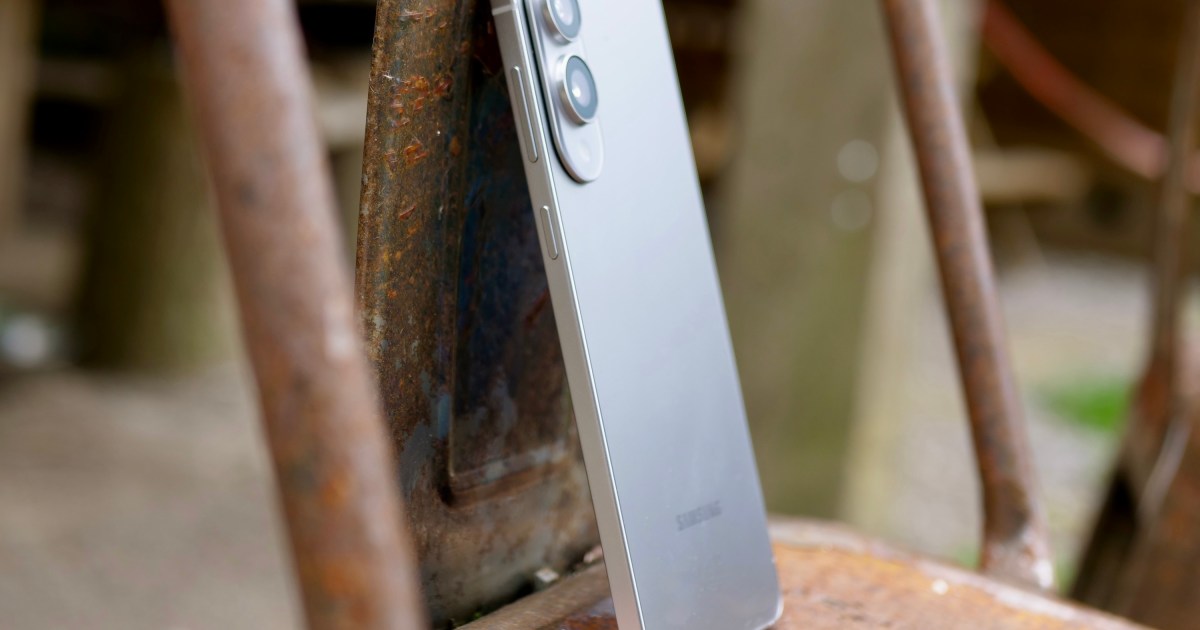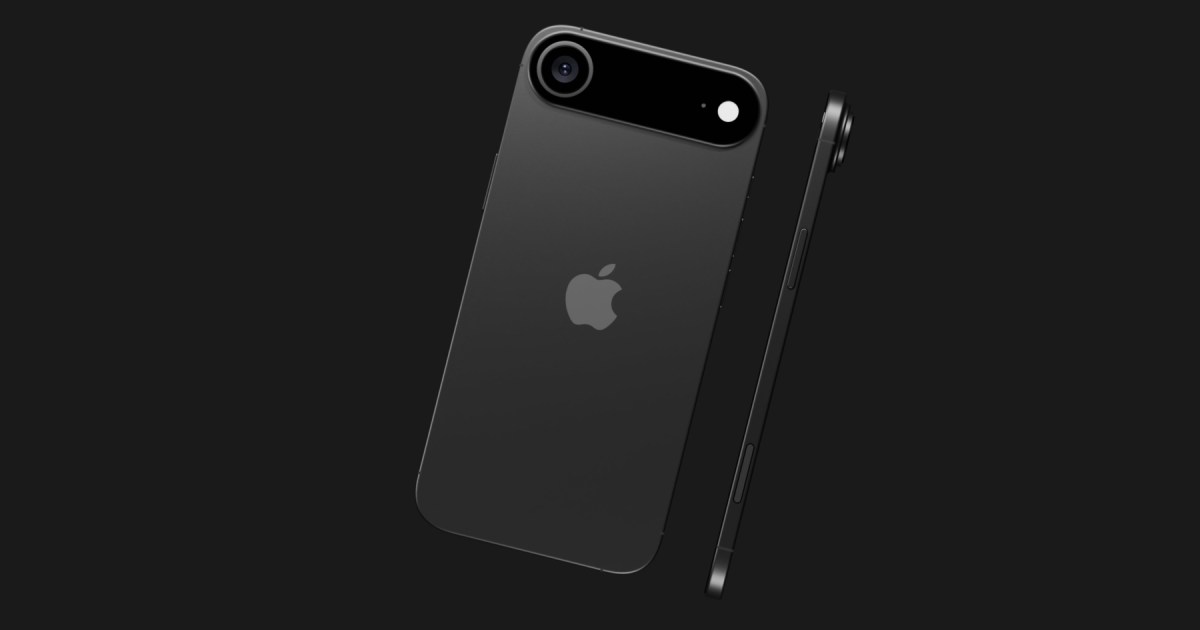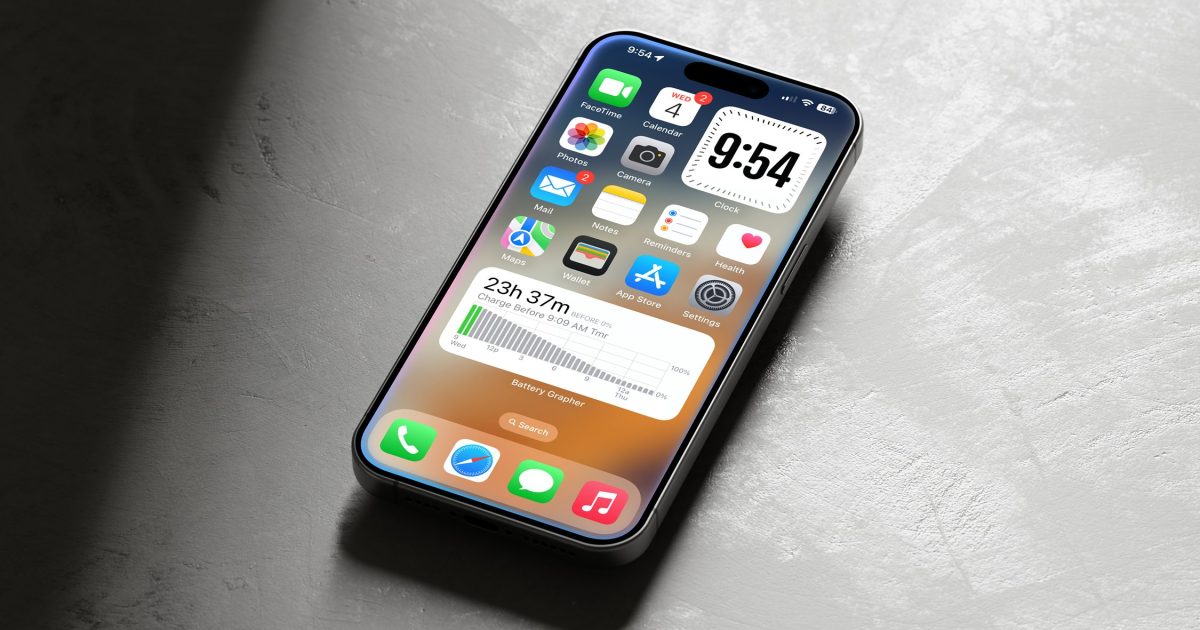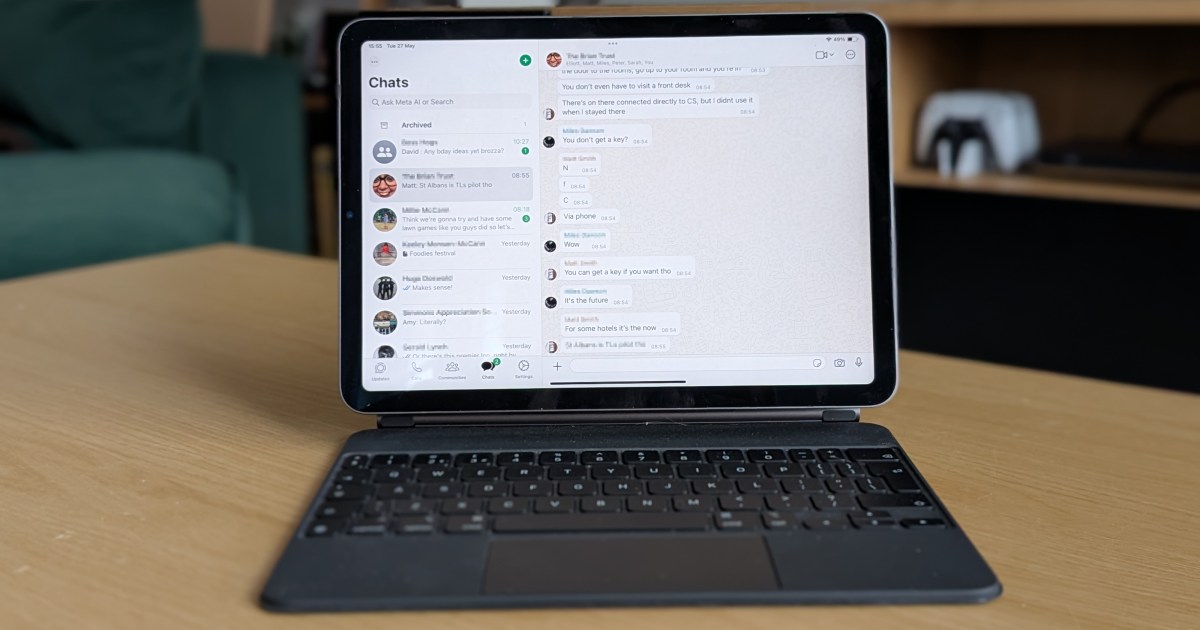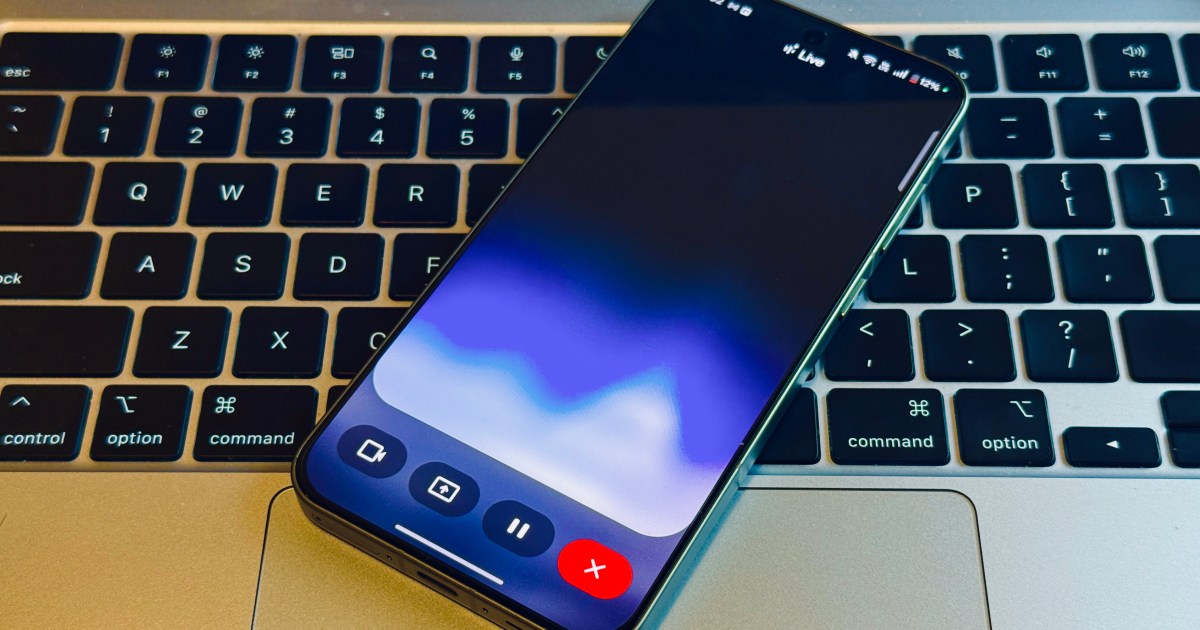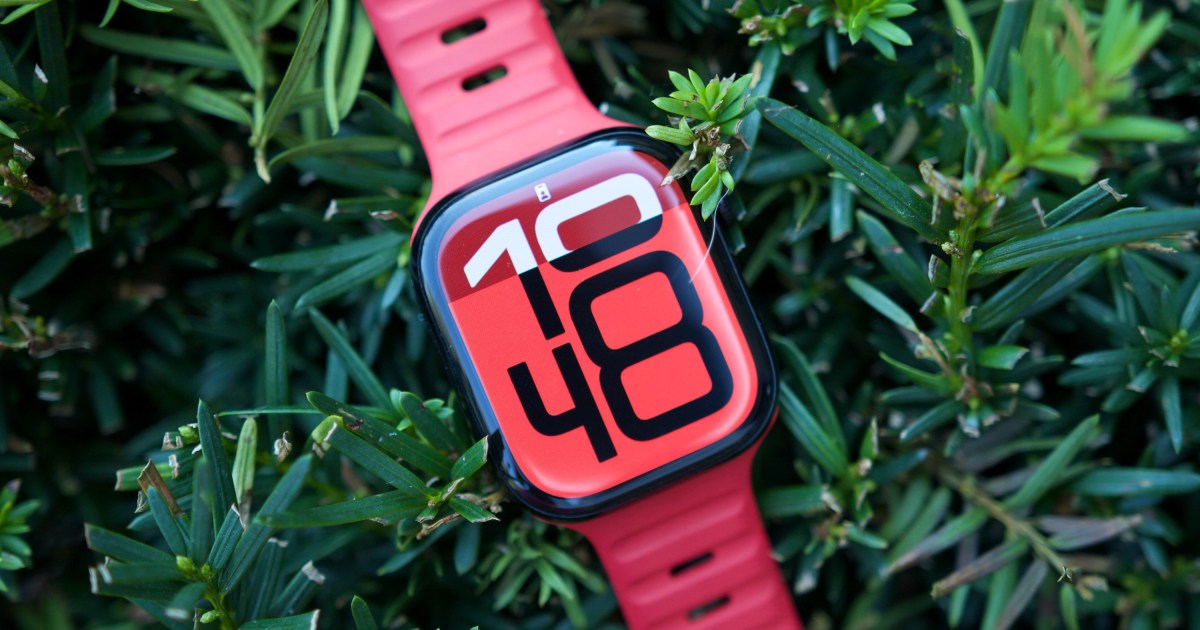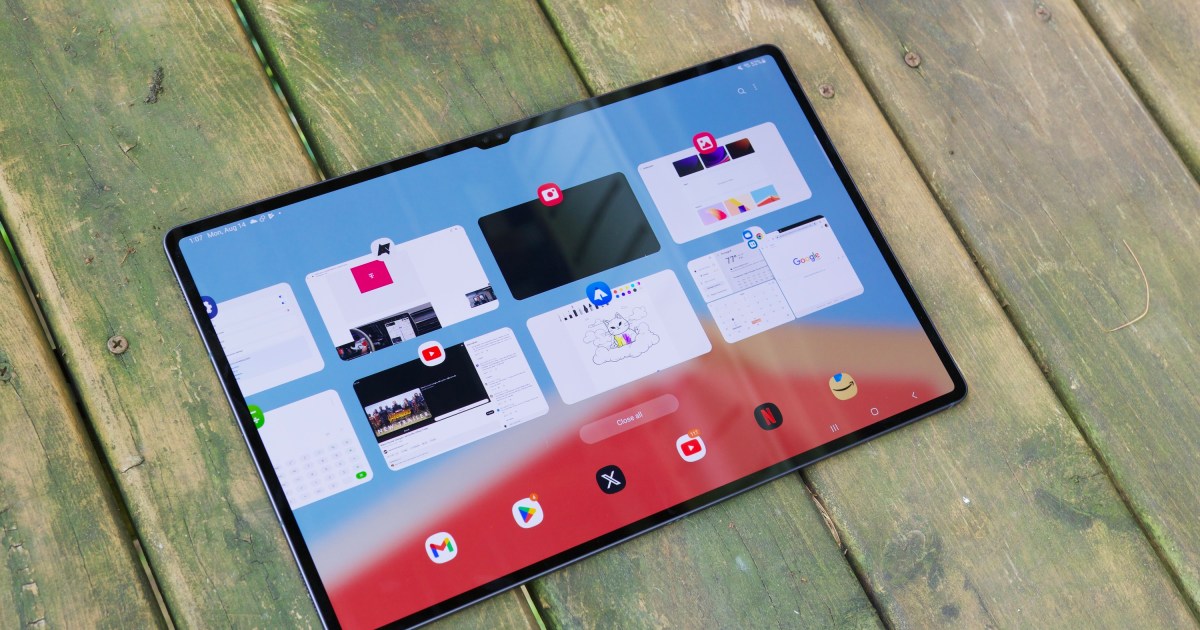The Samsung Galaxy S25 Edge stands out as one of the thinnest smartphones released recently, with its unique shape being a primary talking point. But does this slenderness make it a compelling choice over other Galaxy S series devices? After several weeks of daily use, this Samsung Galaxy S25 Edge review aims to uncover whether its distinctive design translates into a worthwhile investment.
Samsung Galaxy S25 Edge: Key Specifications
| Feature | Samsung Galaxy S25 Edge |
|---|---|
| Size | 158.2 x 75.6 x 5.8mm |
| Weight | 163 grams |
| Screen | 6.7-inch Dynamic AMOLED 2X, 3120 x 1440 pixels, 120Hz |
| Processor | Qualcomm Snapdragon 8 Elite |
| RAM and storage | 12GB, 256GB/512GB |
| Software | Android 15 with One UI 7, seven years of OS and security updates |
| Cameras | 200MP main (2x optical quality zoom), 12MP wide-angle, 12MP selfie |
| Durability | IP68 |
| Battery and charging | 3,900mAh, 25W wired, 15W wireless |
| Colors | Titanium Silver, Jet Black, Icy Blue |
| Price | $1,099/$1,199 |
Samsung Galaxy S25 Edge: Design
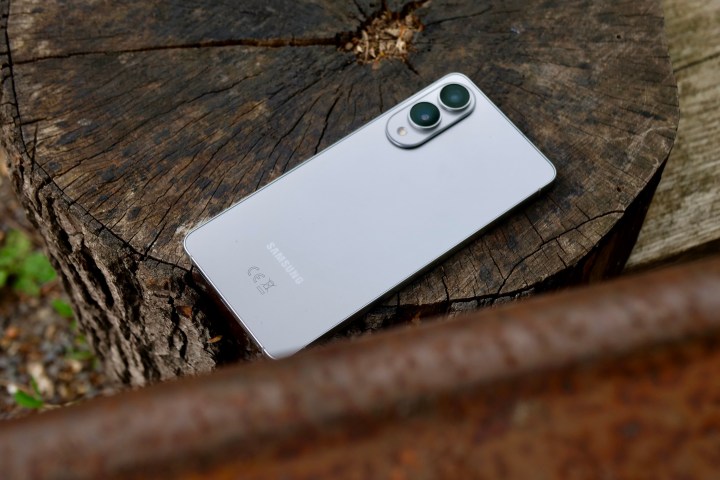 Rear view of the sleek Samsung Galaxy S25 Edge in Titanium Silver
Rear view of the sleek Samsung Galaxy S25 Edge in Titanium Silver
The Galaxy S25 Edge redefines slim, measuring just 5.8mm thick and weighing a mere 163 grams. This remarkable thinness profoundly impacts daily usability. Opting to keep the phone in a pocket rather than a bag, it virtually disappears, a sensation that makes returning to a “normal” phone a daunting prospect after just ten days.
Despite its svelte profile, the S25 Edge feels robust. The display is protected by Corning Gorilla Glass Ceramic 2, the back by Gorilla Glass Victus 2, and the chassis is crafted from titanium, extending to an internal subframe. While intentional force could likely break it, the device doesn’t exude fragility. Its weight is substantial enough to prevent accidental slips, and it boasts an IP68 rating for dust and water resistance.
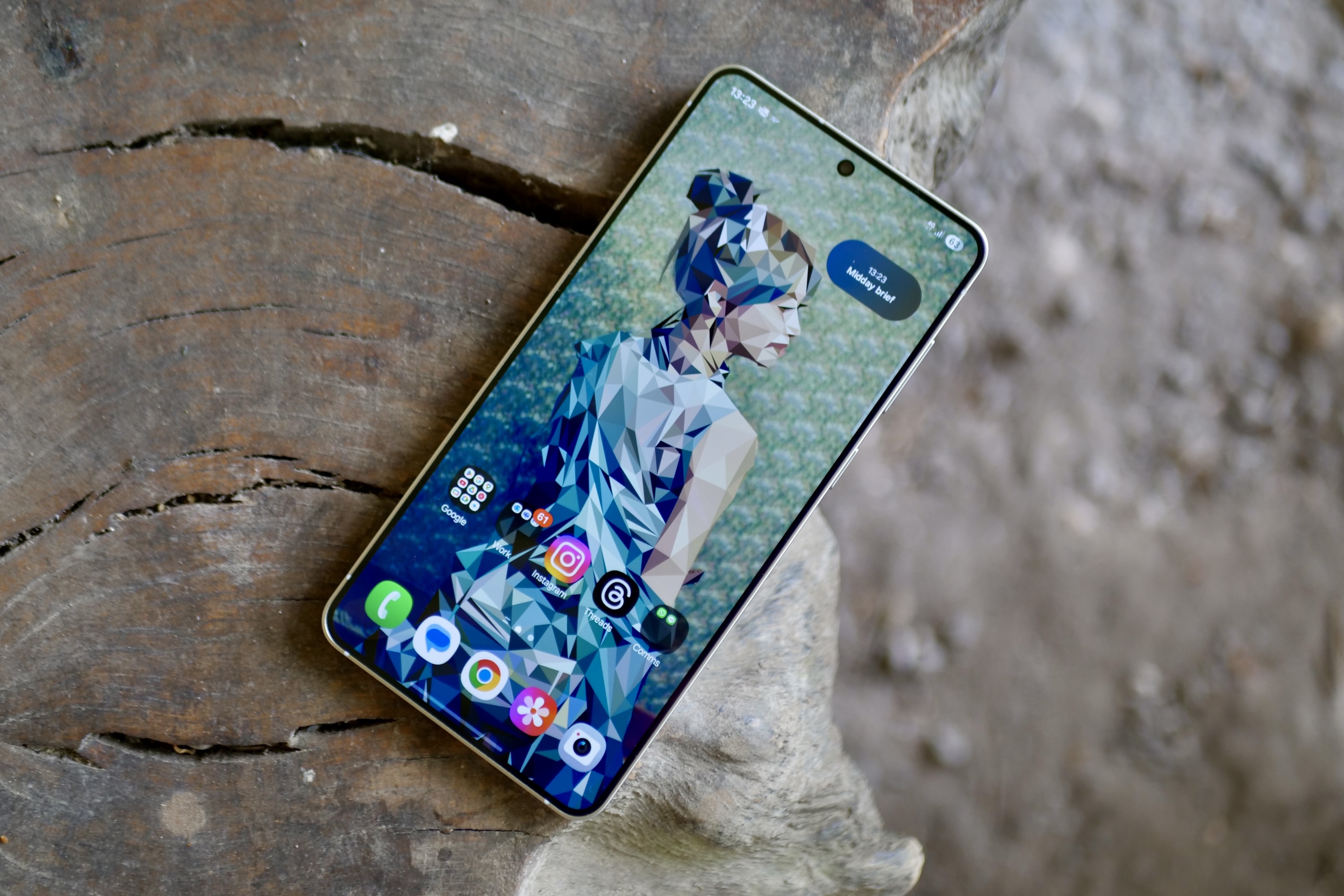 The Samsung Galaxy S25 Edge showcasing its slim profile and display
The Samsung Galaxy S25 Edge showcasing its slim profile and display
Beyond the initial awe of its thinness, the true advantage lies in its 6.7-inch screen. This display is as fantastic as those on other S25 series phones, but here it’s housed in a device weighing the same as the smaller 6.2-inch S25 and significantly thinner than an Ultra model. This combination is what truly elevates the S25 Edge’s design. A minor critique is the absence of the S25 Ultra’s anti-reflective coating, which would have been a welcome addition.
This device offers a large screen, low weight, and pocket-friendly convenience, coupled with high performance, making its design a key selling point. Even the slightly sharp edges, which can cause some fatigue during prolonged holding, are forgivable given the overall delightful user experience.
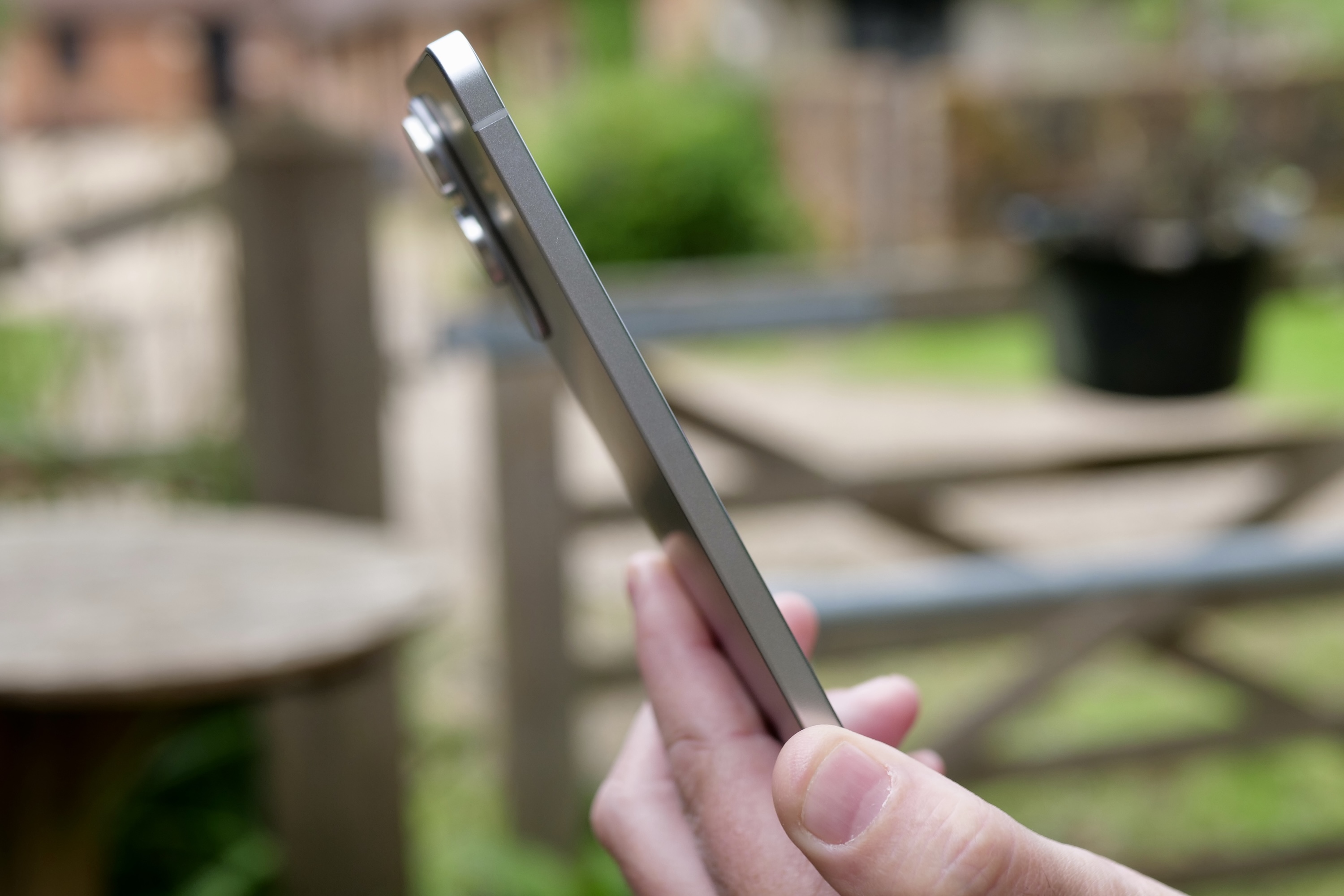 A hand holding the ultra-thin Samsung Galaxy S25 Edge smartphone
A hand holding the ultra-thin Samsung Galaxy S25 Edge smartphone
Galaxy S25 Edge: Camera
The S25 Edge incorporates the Galaxy S25 Ultra’s 200-megapixel main camera, ingeniously reduced in size by 18% by Samsung engineers to fit its slim chassis. This is complemented by a 12MP wide-angle camera and a 12MP auto-focus selfie camera on the front. Notably, there is no dedicated telephoto lens; instead, the main camera leverages its high megapixel count to deliver a 2x optical quality zoom.
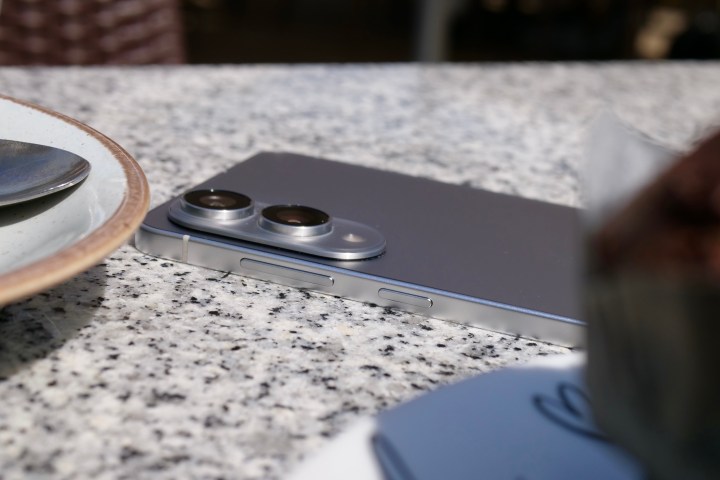 Close-up of the Samsung Galaxy S25 Edge camera module and sleek finish
Close-up of the Samsung Galaxy S25 Edge camera module and sleek finish
While not as versatile as the S25 Ultra’s camera system, the S25 Edge is a brilliant everyday shooter with surprisingly few drawbacks from the lack of a telephoto lens. The 2x optical quality zoom performs admirably, offering good overall quality, detail, color accuracy, and white balance. Users shouldn’t be deterred by the absence of a traditional optical zoom.
 Outdoor photo taken with the Samsung Galaxy S25 Edge showcasing vibrant colors
Outdoor photo taken with the Samsung Galaxy S25 Edge showcasing vibrant colors
The main camera captures strong, colorful photos with effective HDR implementation. However, it shares the S25 Ultra’s issue with a slight lack of sharpness, noticeable primarily when cropping heavily. This isn’t a major flaw but can be bothersome once spotted. Samsung’s robust editing features are available, including a new custom filter system that is both fun and surprisingly useful.
Overall, the Galaxy S25 Edge’s camera is highly enjoyable. It performs on par with the Galaxy S25 Plus, and for users who don’t frequently utilize the Ultra’s telephoto capabilities, it will prove more than satisfactory.
 Wide-angle shot of a building captured by the Samsung Galaxy S25 Edge camera
Wide-angle shot of a building captured by the Samsung Galaxy S25 Edge camera
Samsung Galaxy S25 Edge: Performance
Despite its thin design, the S25 Edge makes no compromises on performance. It features the Qualcomm Snapdragon 8 Elite for Galaxy processor, paired with 12GB of RAM and options for 256GB or 512GB of internal storage. This configuration places the S25 Edge among the most powerful smartphones available, comparable to devices like the OnePlus 13 and Xiaomi 15 Ultra.
 Video playback demonstrating the Samsung Galaxy S25 Edge's vibrant display quality
Video playback demonstrating the Samsung Galaxy S25 Edge's vibrant display quality
Concerns about heat generation from the powerful chip in such a slim body are addressed by clever cooling technology and an internal vapor chamber. This system effectively manages temperature, though the center of the rear panel and chassis sides can become warm during extended hardcore gaming sessions (30 minutes or more). The phone also tends to warm up in higher ambient temperatures but has never approached overheating or become too hot to handle.
| Device | Geekbench 6 Single Core CPU | Geekbench 6 Multi Core CPU | Geekbench 6 GPU |
|---|---|---|---|
| Samsung Galaxy S25 Edge | 2728 | 9095 | 18174 |
| OnePlus 13 | 3016 | 9218 | 17607 |
| Google Pixel 9 Pro | 1052 | 3239 | 6474 |
Call quality is excellent, though positioning the speaker correctly against the ear can be slightly finicky. Both cellular and Wi-Fi connectivity have been consistently solid. Often, innovative designs can compromise fundamental performance, but the S25 Edge maintains excellence across the board.
Galaxy S25 Edge: Software and AI
The Samsung Galaxy S25 Edge runs One UI 7 based on Android 15, an interface that continues to impress with its responsiveness, smoothness, and sensible design. It’s highly customizable, which is beneficial as there are a few default settings that might need tweaking. For instance, the always-on screen is off by default, lock screen notification alerts are hard to see without adjustment, and Google’s Gboard is generally preferred over Samsung’s keyboard.
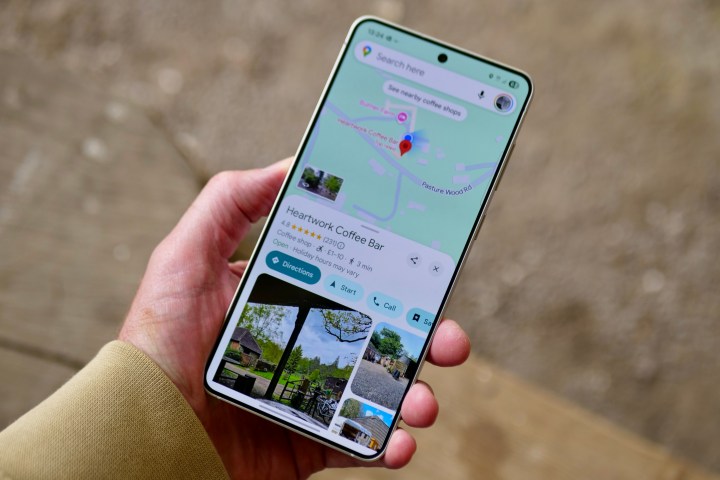 GPS navigation interface displayed on the Samsung Galaxy S25 Edge screen
GPS navigation interface displayed on the Samsung Galaxy S25 Edge screen
One UI 7 is a highlight of Samsung’s 2025 phone lineup, and the S25 Edge is no exception. It comes fully equipped with all Galaxy AI features, unlike the more limited set on the Galaxy A56, including Now Brief and the Now Bar. The utility of these AI features largely depends on individual lifestyle; for instance, Now Brief’s organizational capabilities, summarization, or translation services may not be frequently needed by all users, and many prefer to compose their own messages.
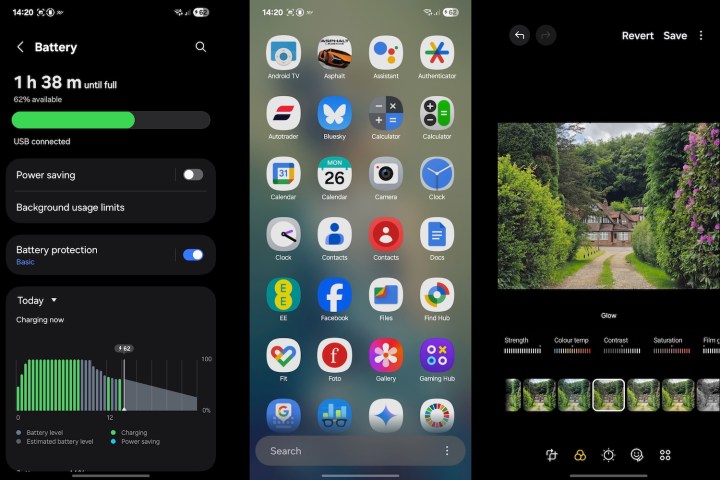 Screenshots displaying the Samsung Galaxy S25 Edge's One UI 7 interface and AI features
Screenshots displaying the Samsung Galaxy S25 Edge's One UI 7 interface and AI features
While all Galaxy AI features are available, their consistent, regular utility for the average user is debatable, and they might not be the primary reason to purchase the phone. Setting Galaxy AI aside, the software experience on the S25 Edge is excellent. Google Gemini and Circle to Search (a genuinely useful AI feature) are present. Samsung’s Modes and Routines are powerful if users invest time in setting them up, and Samsung Health remains a top-tier fitness tracking app, especially when paired with a Galaxy Watch 7 or Galaxy Ring.
Samsung Galaxy S25 Edge: Battery and Charging
The primary compromise for achieving such a thin, light, large-screen smartphone is battery life. Samsung projects a day of use from the 3,900mAh battery, which holds true for about five hours of screen time with general usage. However, intensive tasks like gaming, multi-tasking, GPS navigation, and video consumption significantly impact battery longevity.
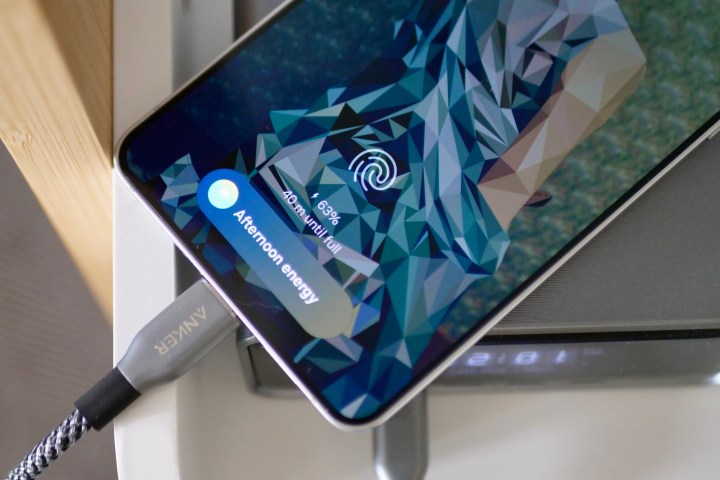 The Samsung Galaxy S25 Edge connected to a charger, indicating its charging status
The Samsung Galaxy S25 Edge connected to a charger, indicating its charging status
Two hours of demanding use can easily deplete 40% of the battery. This isn’t an efficiency problem—a 40-minute YouTube video consumes only 4%—but rather an issue of cell capacity and heat dissipation within a slim frame. A smaller-than-average battery in a thin phone has inherent limitations. If a single day of battery life is acceptable, the S25 Edge’s endurance won’t be a major issue.
Samsung has equipped the S25 Edge with only 25W wired charging, making it slower than the S25 Plus, S25 Ultra, and even the Galaxy A56. A full charge takes approximately 80 to 90 minutes, with 50% charge achieved in about 25 minutes. This is relatively slow compared to other S25 series phones and competitors like the OnePlus 13, though similar to the Google Pixel 9 Pro. Wireless charging is included, but for its price, Samsung should have incorporated 45W fast charging.
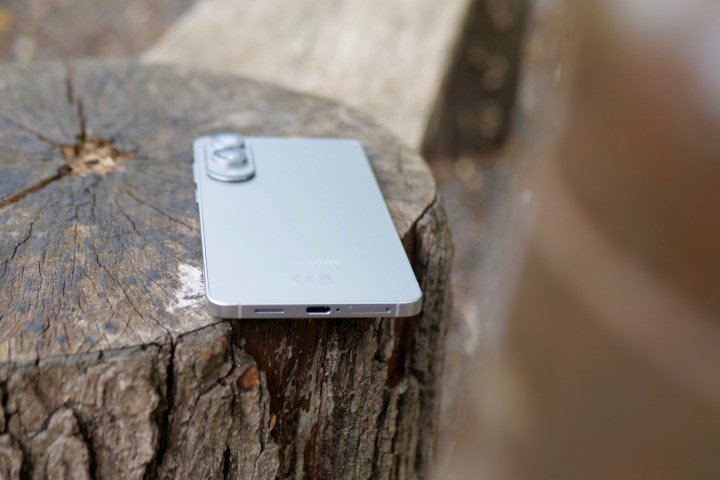 The Samsung Galaxy S25 Edge showing its charging port and sleek bottom edge
The Samsung Galaxy S25 Edge showing its charging port and sleek bottom edge
Samsung Galaxy S25 Edge: Price and Availability
The Samsung Galaxy S25 Edge is priced starting at $1,099 for the 12GB/256GB model, increasing to $1,199 for the 12GB/512GB version. In the U.K., it begins at £1,099, rising to £1,199 for the higher storage option. The phone is currently available for purchase through Samsung, carriers, and various retailers.
Color options are limited to three: Titanium Silver, Icy Blue, and Jet Black. Only Icy Blue offers a distinct look, with the other two being very conventional choices. For a phone positioned as a fashion statement, it’s disappointing that Samsung hasn’t offered more vibrant or exclusive colorways, even as online exclusives.
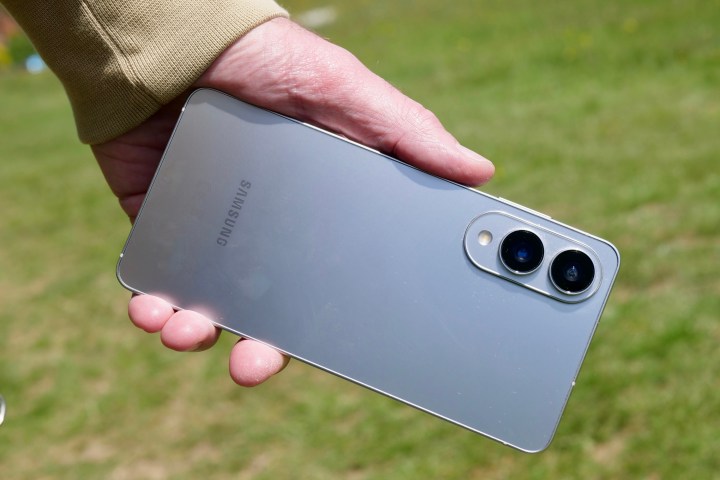 A person holding the Samsung Galaxy S25 Edge, highlighting its premium feel and design
A person holding the Samsung Galaxy S25 Edge, highlighting its premium feel and design
Price-wise, Samsung has positioned the S25 Edge between the S25 Plus and the S25 Ultra. It competes with the Pixel 9 Pro and Apple iPhone 16 Pro but is considerably more expensive than the OnePlus 13. Like many fashion-forward products, its price is partly justified by its uniqueness. All aforementioned alternatives are thicker and heavier; for those prioritizing thinness and lightness, the S25 Edge is essentially the sole contender.
Should You Buy the Galaxy S25 Edge?
The creation of the Galaxy S25 Edge is admirable. While not explicitly demanded by the market, and despite its shorter battery life making it less practical than its S25 siblings, and the “thinnest phone” race often feeling outdated, it has been the most enjoyable Galaxy S25 series phone to use and one that evokes a desire for long-term ownership.
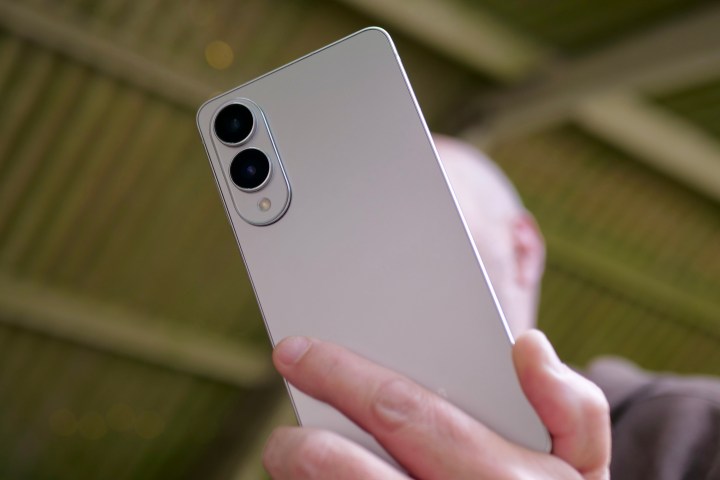 Hand holding the Samsung Galaxy S25 Edge, showcasing its slim and stylish aesthetic
Hand holding the Samsung Galaxy S25 Edge, showcasing its slim and stylish aesthetic
Its performance, camera, and screen are among the best available today. However, what makes the S25 Edge truly special and desirable is that these qualities are packaged in one of the most tactile, ergonomic, and undeniably cool designs seen in a smartphone. The Galaxy S25 Edge is more than just a thin phone; it signals the exciting beginning of a new trend. After a short time with the device, it’s easy to be won over. Holding the S25 Edge for just a few moments might convince you too.



